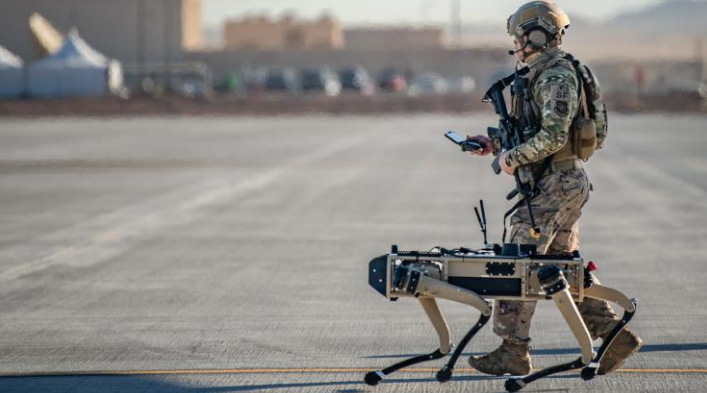|
The Militarization of AI
Artificial intelligence is increasingly permeating all aspects of warfare, from mundane logistics to lethal weaponry. Shashank Joshi, The Economist's defense editor, highlights how AI is blurring the lines between intelligence gathering and command decisions.
The global race to develop AI military capabilities is intensifying, with the United States, China, and Russia at the forefront. This competition is driving rapid advancements, but also raising questions about the future nature of conflict and the human role in warfare.
Fossil Chromosomes: A Window into Ancient Life
In a groundbreaking discovery, scientists have identified "fossil chromosomes" in a 52,000-year-old mammoth specimen. This preservation method, dubbed "chromo glass," could potentially allow the study of genetic material up to 530 million years old.
Dr. Erez Aiden from Baylor College of Medicine explains that unlike previously available DNA fragments, these preserved chromosomes maintain their original 3D structure. This breakthrough could provide unprecedented insights into ancient life, including gene activation patterns and adaptations to prehistoric environments.

The Man Who Stole "The Scream"
The podcast concludes with an obituary for Pål Enger, the Norwegian criminal famous for stealing Edvard Munch's iconic painting "The Scream" in 1994. Enger's life story is a compelling mix of crime, art appreciation, and eventual redemption.
Growing up in a troubled environment, Enger developed an unexpected fascination with Munch's work. His audacious theft of "The Scream" during the Lillehammer Winter Olympics catapulted him to notoriety. Later in life, Enger turned to painting himself, often creating works reminiscent of the very masterpiece he once stole.
From AI's role in shaping future conflicts to the secrets locked in ancient DNA and the complex motivations of an art thief, this episode of "The Intelligence" offers a diverse exploration of technology, science, and human nature. As these fields continue to evolve, they promise to reveal new insights into both our past and our future.

Some AI applications in military technology that have been publicly discussed or reported on, with the caveat that this information may not be fully up-to-date or complete:
United States:
- Project Maven (AI for drone footage analysis)
- Sea Hunter (autonomous ship)
- DARPA's Air Combat Evolution (ACE) program (AI for air combat)
China:
- AI-enhanced drones for swarming tactics
- Reported development of AI for submarine warfare
Russia:
- Reported development of AI-guided missiles
- URAN-9 (semi-autonomous combat vehicle)
United Kingdom:
- Taranis (autonomous combat drone prototype)
South Korea:
- SGR-A1 (AI-enhanced sentry gun)
It's important to note that many countries are researching and developing AI for military applications, and the specifics of these programs are often not fully disclosed. Additionally, the line between AI-enhanced and fully autonomous weapons is often blurred in public reporting.
For the most accurate and up-to-date information, I'd recommend consulting recent reports from reputable defense analysts or official government sources.
Posted on: Jul 14 2024
|